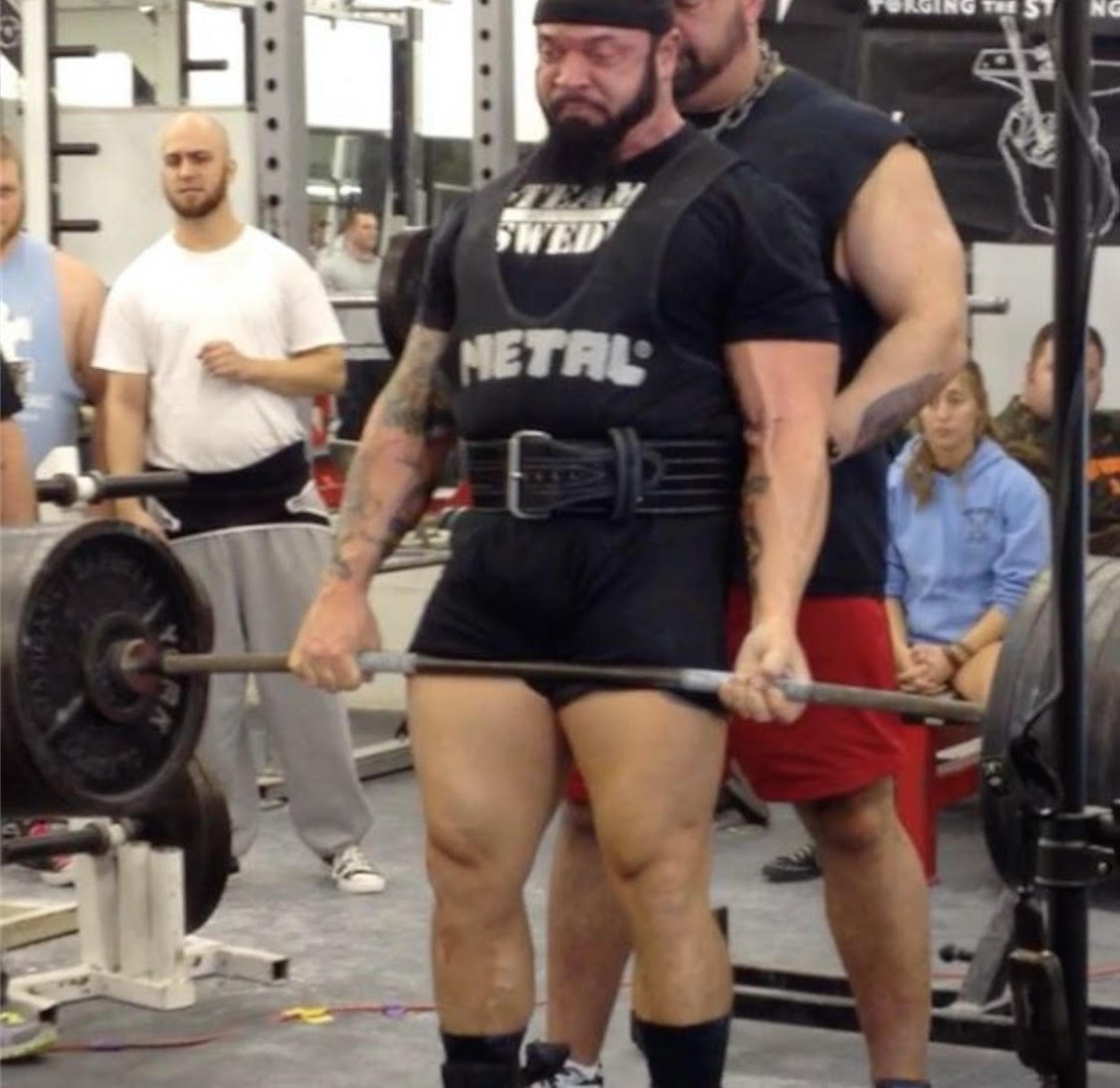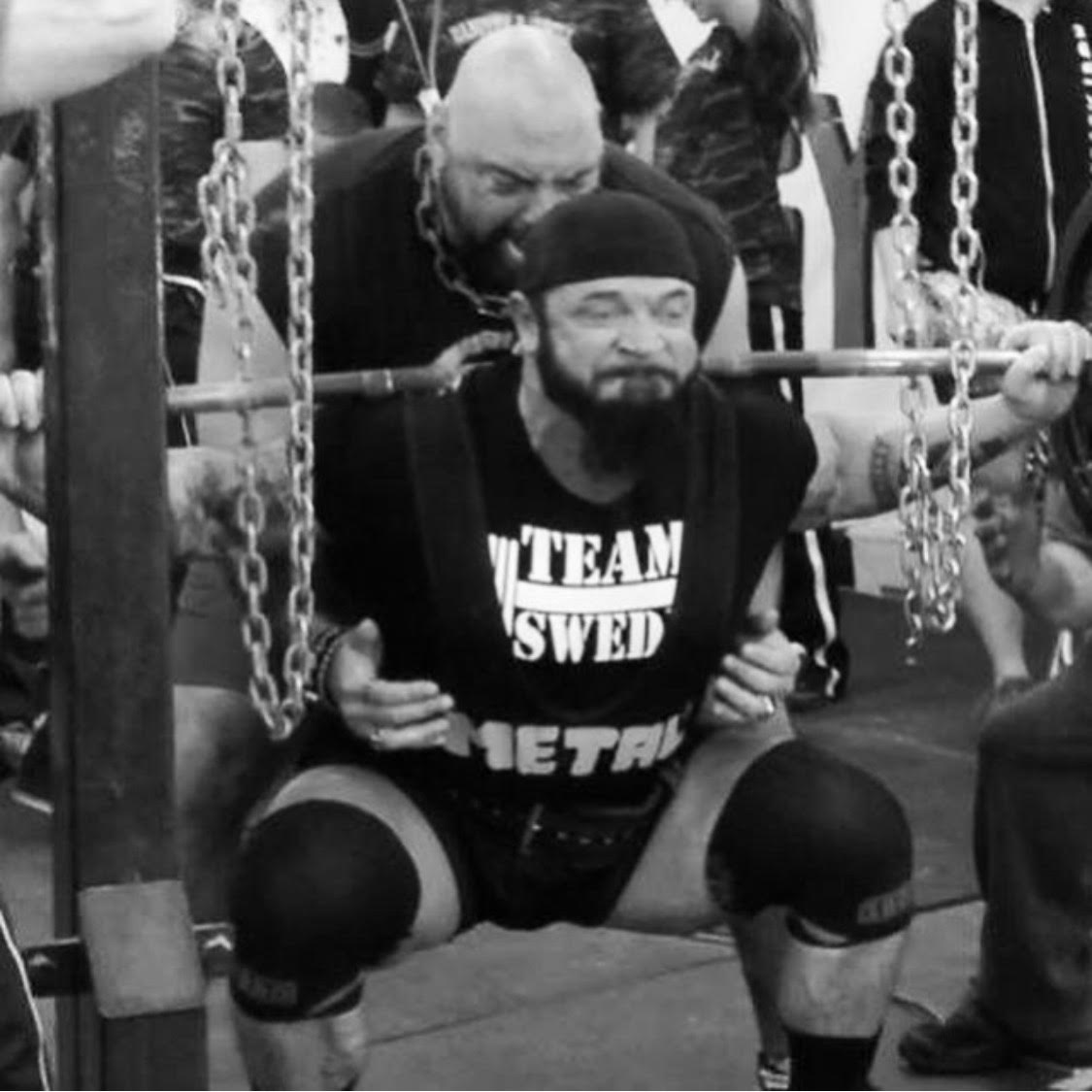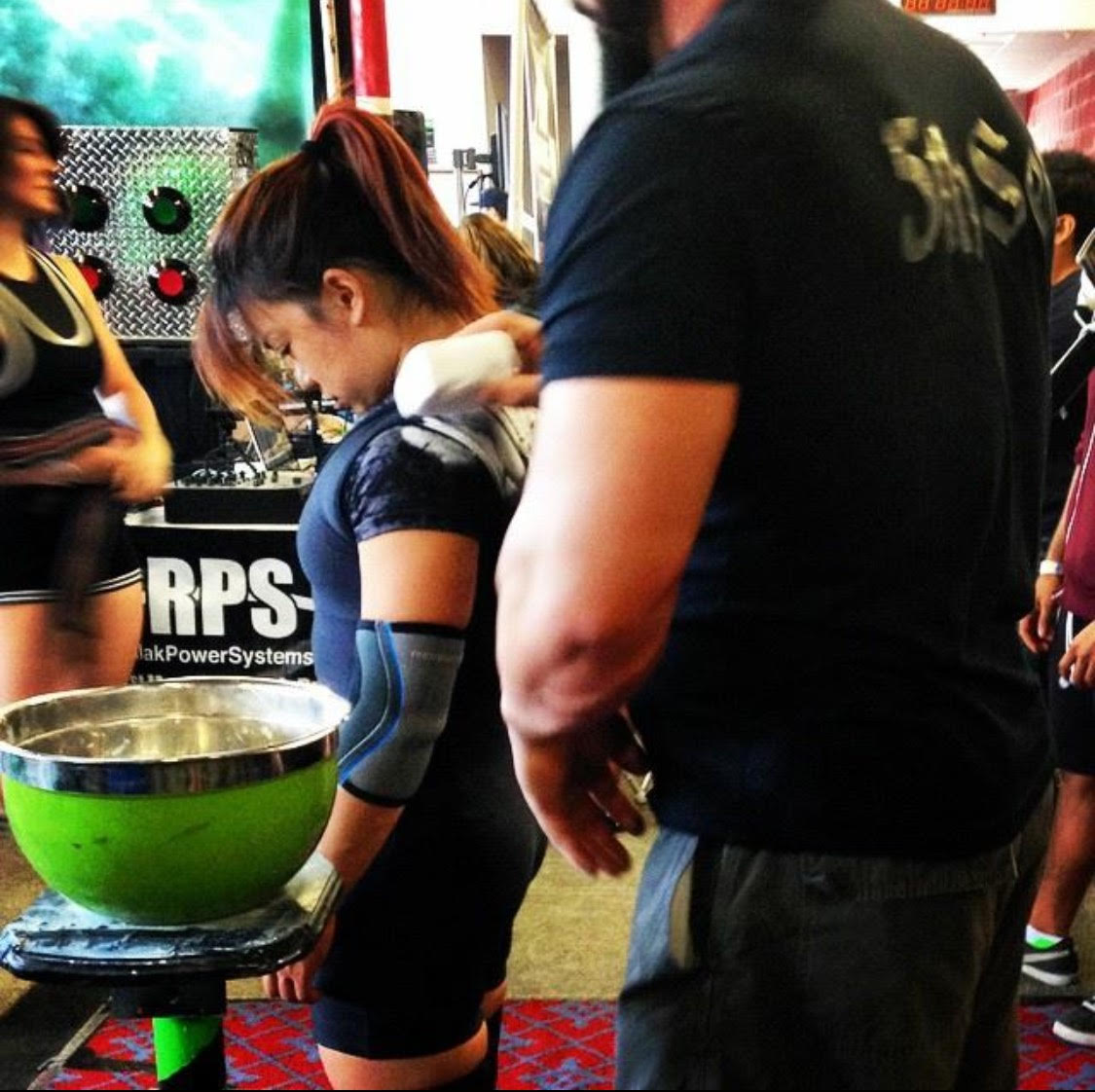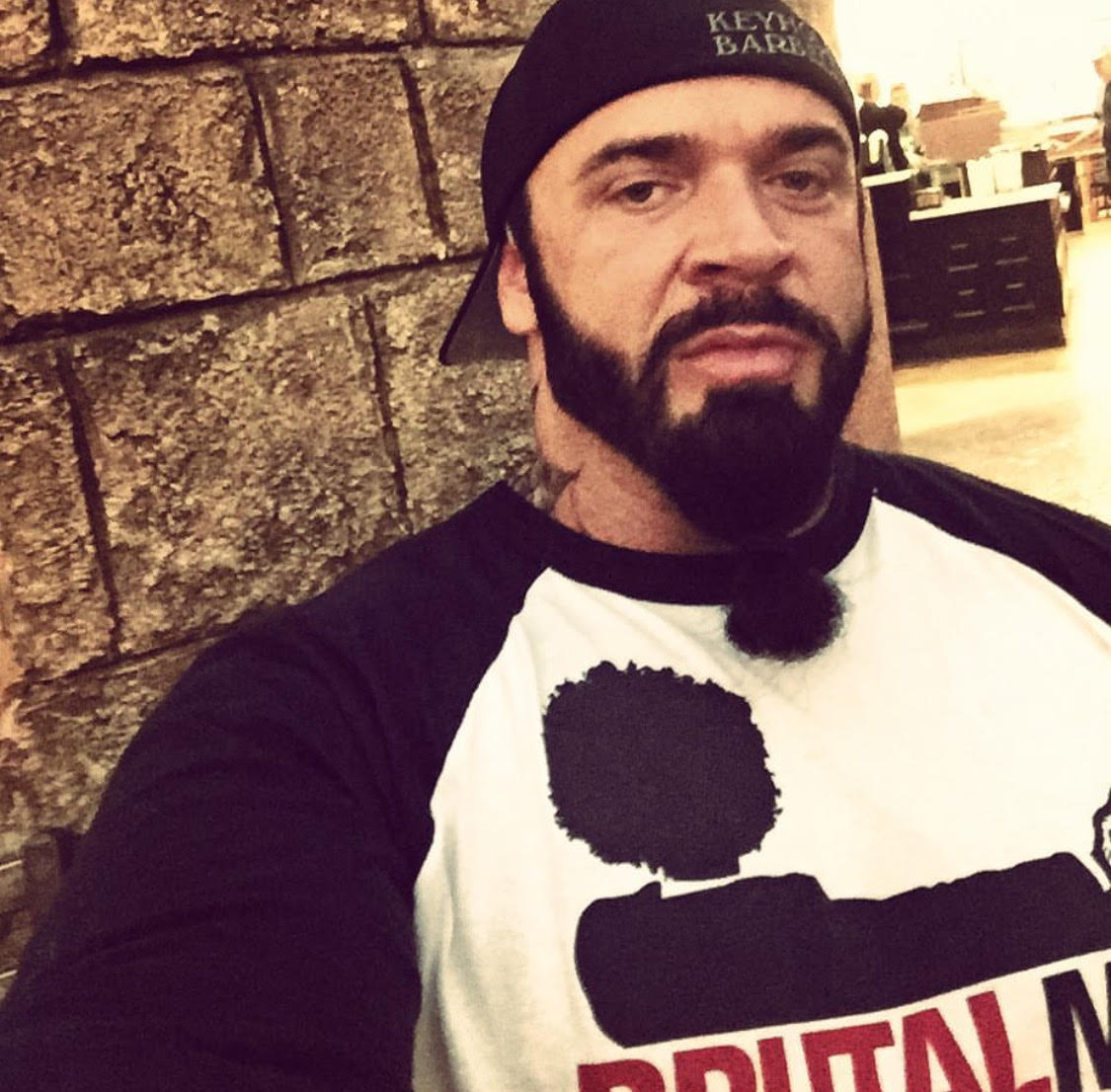- Please tell us something about yourself: where and when were you born and places you lived. Where do you live now?
I was born on April 4th, 1980, in Delaware County Memorial Hospital, which is just on the edge of the city of Philadelphia, in Pennsylvania.
I have lived many places in my life. As much as I love a good story, I’ve never had any fear of starting mine over without even much of a plan.
This leads me to where I live now. I’m very confident in my abilities, which makes me willing to do things others might not. For example, when I made the decision to move to the middle of nowhere in western PA, to a town of just over a thousand people. I’d never even been here before the day I came and looked at the building I bought.
I decided I wanted to buy a large church and live in it. Though the very urban area where I was currently living in north philly had its charm, and I’d always loved city life, there were some personal things in the area which were causing me emotional distress, so I was open to looking at more rural areas.
I drove six hours with my wife at the time, looked at a 9000 square foot church in the town of Apollo, and purchased it for cash.
I was a complete stranger in this Apollo, which I liked. Many people told me I’d never be able to support myself based on the small economy of an old mill town whose residents could not afford my services. I knew in my heart that I was a destination, and that people would travel to work with me.
Just over 5 years later I am still here and people have traveled from even outside of the United States to the dying town of Apollo to work with me. I am extremely grateful for the way things have gone. Clients routinely travel hundreds of miles for my services and I do a great deal of work online coaching, programming and doing video technique correction.
- How would you describe yourself as a child? Very active? What types of activity interested you the most? Did you get involved with sports at an early age?
As a child I was very serious. My ex-wife, whom I attended elementary school with, would describe me as never having been a child. She’d say I was just a very serious, smaller man. I was very resentful toward authority, when what I was told to do didn’t make sense to me.
My mother told me that once when I was 7 or 8, I was in a particularly quiet mood, and she asked me what was wrong. I explained that I didn’t really enjoy life very much and I didn’t care about living anymore. She said she had no idea how to handle it, because 7 year olds don’t really say those things.
It would be fair to say I was a strange child. I was very reactive and everything effected me. I didn’t yet know how to filter that.
I was always fairly active, playing lots of basketball around the neighborhood and I started lifting weights very young, maybe 11 years old. This proved a great outlet for my frustrations. I played baseball and studied martial arts for many years, starting even before that age.
To tell you the truth, I was involved in many of the things I am passionate about now from a young age. I wrote my first poem when I was around 13 years old and it was off to the races from there, in regard to writing things. I even wrote songs soon after that, and performed with a microphone and P/A system, while my friend played guitar. This made me popular with the females, something else I am still passionate about.
- Was any athlete your hero as a kid? If so, who?
If I have to pick one, it was Jose Canseco. I had his rookie card at one point. He was the hero to me when I was very young.
- Were you involved in sports during High school? How was that experience? At that age, did you already entertain the idea of becoming professionally involved with sports/training?
Early on I was a wrestler. I think I was fairly good, but a young kid at a seminar I recently did, with my friends Brandon Lilly and Greg Panora, put together a presentation about my life. As he read it to the attendees of the seminar I was surprised to find out that I was actually not very good at wrestling. We all laughed about it.
Later in high school, after being transferred to my 4th correctional school, I was introduced to powerlifting, by a teacher/coach who had put together something of a powerlifting program there.
I did not entertain the idea of coaching powerlifting at that point, because I was intent on becoming a successful bodybuilder. Nevertheless, coaching eventually became my career. It was probably as a direct result of that teacher and that program. His name is Jim Davis. I did very well with bodybuilding eventually, also, by the way.
- When and how did you decide to become a coach? Can you tell us a little about that choice and what it involved? Did your family support your decision?
That was a decision that made itself. Connecting with people is something I’ve always had a talent for. My knowledge regarding performance came from a very narcissistic desire, deeply rooted, to be better than everyone else. I researched, diligently, and learned as much as I could about training and diet. I traveled many hours to train with and learn from people who had achieved the things I wanted to. The training and improving has always provided catharsis for me, emotionally, as well.
I’ve always had the personality of a leader, so people would come to me and ask for help and I would help them. Some of my oldest friends, I met that way. The transition to coaching was natural for me.
My family had very little to say about any of the decisions I’ve made in my life. Once I decide something, my resolve in unconquerable. They know that.
- Did you / are you involved in sports as an athlete? If so, how is your experience as an athlete influence your decisions in coaching!
Like I said I wrestled, played basketball and baseball, competed in bodybuilding for many years, and I’ve been powerlifting since I was about 15, I guess.
I draw from my experience as an athlete in just about every decision I make as a coach. The fact is it’s very difficult to coach something you have limited experience doing, yourself. But, ultimately, experience in coaching is paramount. That is to say coaching is different than competing.
- Are you an athlete now? Tell us a little about your sports career, your achievements and your goals.
I am an athlete, but I identify as a coach. I did very well in bodybuilding, competing at the national level in the NPC, by the time I was 21. By age 23 I was over 300 pounds in good shape.
As a powerlifter I have put up some really strong lifts, but nothing I am terribly proud of. My biggest lifts by far have been in training, when I didn’t really care much about doing meets. Now that my Frankenstein body is barely able to still hold things together, I’d like to take another run at getting my best numbers on the books.
- What is your educational background? Do you think school provided you with good tools for the profession you chose?
I attended finishing school at a State Correctional Institution. It certainly provided me with many tools, not the least of which was uninterrupted years to experiment with strength training methodology.
- At what age did you start coaching at a professional level? How was that beginning (where, who helped you the most, what were your greatest challenges)?
I guess I was 20 years old, but too humble to refer to myself as a coach. I would “help” athletes. I already had a few years of personal training under my belt, and what I did know, I was willing to share.
- If you feel comfortable, I’d like to know your thoughts about the educational background for coaches in your country: are the programs available adequate for your needs? What do you think makes a strong basis for coaching? How did you obtain this?
The first powerlifting program I ever used came from a powerlifting legend in my country, Dr. Squat, Fred Hatfield. I was 15 years old at the time.
Naturally, when it came time to be certified for personal training, I went with his certifying agency, the ISSA. It was a very thorough program and the test was by no means easy to pass. That notwithstanding, I believe schooling teaches you about a thing, and then performing the task is how you learn to actually do it.
If someone is intelligent and interested in a topic, they will find the resources and experts to learn from.
Experience is paramount. I see too many coaches with 6-8 year degrees in a related field and 2 years experience actually working in the sport expecting the respect of their peers. You can’t expect 20 years of respect with two years of experience. You still have a lot to learn at that point.
I put together a post on Facebook which ruffled some feathers with the guidelines I think are fair in regard to experience, before taking money from someone to coach them in powerlifting.
-you have competed in 5 meets, or coached/assisted at 10 meets.
-after that point, you have worked with lifters, for free, for a year. It’s a learning experience and it gives back to the sport.
I’m not talking about being a personal trainer. I’m talking about coaching a competitive sport.
I don’t think that is a very extensive requirement, but you wouldn’t believe the amount of butt-hurt that ensued. It’s funny to me that someone could defend charging money to teach something that they have less experience in than I suggested. I don’t mind upsetting people.
- The golden question: what is your approach to training (your “training philosophy”, meaning the way to organize exercises in a program, progression, principles to observe, whatever you think defines YOUR approach)?
I believe in developing technically proficient movement patterns through a combination of intelligent training protocols and coaching, hands on, whenever possible.
I believe in balance. Everything you do in programming will effect another aspect of the program, be it recovery or something else. This is the most common issue I see.
The objective is to weave a seamless combination of the appropriate stressors and regulatory mechanisms to achieve the desired result. I believe I have done that.
- You have just published a book that is receiving a lot of praise from the powerlifting community. In which way is your system unique? What does it bring to training powerlifting that wasn’t there yet?
Well, I just touched on that a little bit with your last question, but to expound, nothing good is truly unique. If it is too radical and unique, the reason no one else does it is likely that it does not work very well.
The objective is more about organizing proven tools in a way that can be successful on the long term and provide balance. This requires developing a rigid set of rules, or a methodology.
Because it is both very easily scalable and self regulating, 5thSet has a kind of universality which other programs simply do not.
What is general and what is specific to powerlifting in your system? What can be transferred to other types of clients/practitioners?
Powerlifting is essentially strength training with a great deal of specificity toward mastery of the squat, bench press and deadlift 1RM.
Most powerlifting programs can be scaled by an intelligent strength coach to be used by athletes for strength training. I have a scaled back version which I use for athletes. One notable softball player comes to mind, who went on to become a national collegiate Player of the Year and first team All American.
She also went on to be one of the few women to ever deadlift 500 pounds raw, in competition, after she finished with collegiate athletics. She has only ever used 5thSet.
- You have publicly mentioned your experience of being incarcerated and how the early form of 5thSet was developed in prison. What did you learn from training and coaching in that environment? And what did you learn, as a person?
Prison made me harder than I already was, and I’ve always been a very hard man.
Coaching and training in that environment taught me how little a lifter truly needs in regard to nutrition, supplementation or drug use, when the training is on point. The equipment was not the best and no one had so much as a weight belt.
The increments were crude, so rep PR’s were a huge deal. The bars weighed too much or too little, because most of them had been bent and repaired, pieces sometimes welded back on. But, to us, these were holy things and I was more a religious zealot than a coach.
Many of the guys in my crew at that time are never going to see the outside of a prison. Some have what we call “number life,” which means they have more years on their sentence than a human life span, and one of my very good friends had 4 life sentences.
The training provided goals and a purpose to an otherwise pointless existence. I have seen the healing power of a barbell and a set of weights.
Lifting weights was not low or degrading. There was something there in each of us that made the lifting unspeakably important. It was our purpose, at least at that time. For some, the best they’d ever accomplished was done under those weights.
Even some corrections officers would show respect for the work we did. Rarely would someone get stabbed in the “small yard,” where the weights were. That stuff was much more commonplace around the track in the bigger yard. The cardiovascular exercise gave them too much energy, I think. I kid. Hahaha…
In prison I worked with absolute beginners, who’d never used performance enhancing drugs or even had reasonable nutrition, and saw them do truly amazing things under a barbell inside of just a couple of years of training.
We were all strong, myself and my whole group of lifters. There were a handful of guys in the 200 pound range squatting and deadlifting 600+ pounds. I saw one 700 pound squat. I was 270 pounds and stayed in good shape just from training, even living off the dog food they served in the chow hall.
- The gap between science and practice: in your experience, how much does current scientific knowledge on exercise physiology, kinesiology, biomechanics, etc contribute to your daily decisions in coaching and how much does it fail to?
Any good coach is going to make decisions based on what has worked for them in their own experience.
Biomechanics are kind of inviolable and there is really not much to argue about in that department.
With that said, much of the scientific data we have in regard to strength training comes from studies which do not necessarily have the best external validity. Some do, but there is really not enough that I have seen. I feel like science is starting to catch up to what we’ve already been doing for awhile now.
I have based a lot of my work on that of notable sports scientists such as Dr. Yuri Verkhoshansky and many others, but I have always experimented with combining various methods and made sure to take the meat, while leaving the bone, along the way.
- What were your biggest challenges as a coach? Can you give us some examples (stories)? What do you think contributed for you to make the best call?
Some of my greatest challenges have proven to be my greatest successes. A good example, someone you know, Tarra Oravec.
When I met her I was doing her strength and conditioning for softball, when she was a pitcher for Penn State. She was, far and away, the most uncoachable athlete I’ve ever worked with. I’m laughing, thinking about it. She was used to being treated like a princess and catered to, which is simply not the way I do things. She would routinely quit in the middle of sessions and throw her training book in the trash.
She’d always come back and finish, though, when she didn’t get her way, and she’s grown into a mature professional in powerlifting over the years, very well on her way to being an all-time great. It’s worth the extra effort in some cases.
In this case it wasn’t really a call
I made, just more sticking to my guns as a coach.
- Some professionals in the health care fields become so traumatized when making a bad call with a patient/client that they give up. Did you ever make a bad call? How did you handle that? What advice would you give to younger people starting their coaching career?
Bad calls happen. My biggest thing is accountability. If I make a bad call, I own it right away. My advice to the younger generation is to start with accountability. As a coach you need your athletes to trust you. Accountability is a big part of that. The more experience you get, the less bad calls you make.
- How do you handle special groups, such as the elderly, pregnant women and the disabled? How is the communication with their primary health care professionals? Is it necessary and is it easy? What advice would you have for younger coaches when they are contacted by their first “special” client?
I have a Heath history inventory I do with all clients during a consultation. If there are too many stratifications or risk factors, I make sure to get clearance from the physician before starting with them as well as a list of limitations or restrictions. I try to stay in my lane in that regard.
In my opinion a good catalog of experience with healthy individuals can be helpful in making decisions for special needs cases. I would advise that younger coaches get some years under their belt before tackling these types of cases. I’ve worked with clients in their 90’s, lifting weights, for extended periods of time, but I had well over a decade of experience before I did that.
- What is your clientele today? (types of people and their needs) Do you have a preference for one or another type?
90% of what I do now is powerlifting related, though I still do weight loss and diet programs for many non-lifters.
- Athletes: in which way are they different (or not) from other clients?
Mindset is the biggest difference, I would say. They have a very different set of goals from the average person. They tend to be more self motivated and accountable.
- Emotional / psychological aspects of coaching: if you had to instruct a group of young coaches, what would you say is the best professional attitude a coach must have concerning the emotional burden clients bring into the coach-client relationship? Besides a general approach, do you think some types of clients demand extra emotional work? Examples: anorexic young females, low self-esteem people in general, depressed or other psychiatric condition patients, over-stressed business people, etc.
As I stated earlier, some athletes will seem, at first, uncoachable. It’s important to learn to handle even these, because that personality when harnessed, can drive a very successful athlete.
When I was younger I thought most people were uncoachable. It took time for me to recognize that it was, in fact, me who lacked the skill set to effectively empathize and connect with those individuals.
Some clients require extra work, it’s up to the coach to determine whether or not that is a sound investment of time and resources.
I really try to emphasize that the weight room is a kind of sanctuary. Nothing from outside can come in there unless you bring it.
- What about the other way round? Do coaches run the risk of becoming too involved and “adopting” athletes/clients? Is that good, bad or neither? What advice do you have to other coaches concerning this?
I’m not shy about saying that my relationships with my lifters are the strongest I have in my life. They are my family and I care for them deeply. That’s not how everyone does things and that’s fine, but it works very well for me.
Consider as an athlete, if you have a coach who is making decisions that effect your life: do you want that person to really care about you?
If they didn’t, that would seem like a really bad situation to be in, I think.
- Non-presencial coaching (online programming and/or coaching): what are the challenges? What to you require from clients to conduct a successful program?
There are obvious challenges to not being able to coach hands-on. I’m able to do very well with video correction, so long as I have video of everything. It’s very time consuming and for that reason I am limited to the number of lifters I can work with. As a result, I am very selective with the clients I will choose to coach in this manner.
Communication is the biggest thing, I need to be able to connect with them like I do any lifter. So the first thing I do is have potential clients send me a short biography and include lots about their personal life and other interests. If they can’t open up about these things, I know it isn’t going to work.
- You have your own facility. How did your training approach guide the construction of this training center (as in choice of equipment, special organization, etc)? If you had to offer advice to someone opening their first gym (suppose a tight budget and not-so-tight), what would you say are the most important structural and organizational elements in such a place?
There are no frills at Keyhole Barbell. We have the most heavy duty monolift I’ve ever seen, competition bench, deadlift platform, power rack, dumbbells, a reverse hyper, a leg curl machine, a cable machine, a calf raise machine, and aside from some cardio equipment, that’s about it. I have a bunch of other equipment in storage, but I don’t keep anything on the floor we don’t use. Everything a lifter will need is here, but I don’t want anything unnecessary.
I’ve done consulting work for gyms before they’ve opened and my recommendations were sometimes different than what I have here. I am not open to the public. This is a private facility, only for my clients and my team.
My advice to someone starting any business is to trim away the fat. Get rid of what you don’t need and be sure you are prepared, financially, to weather the storm in regard to covering overhead costs in the beginning.
Contact information:
e-mail: mfswede@yahoo.com or swede@swede-strength.com
Keyhole Barbell Club – https://www.facebook.com/Keyhole-Barbell-Club-132293886860364
Address: 423 N 2nd St, Apollo, Pennsylvania 15613
https://www.facebook.com/SmilingLiarWithHiddenAgenda




